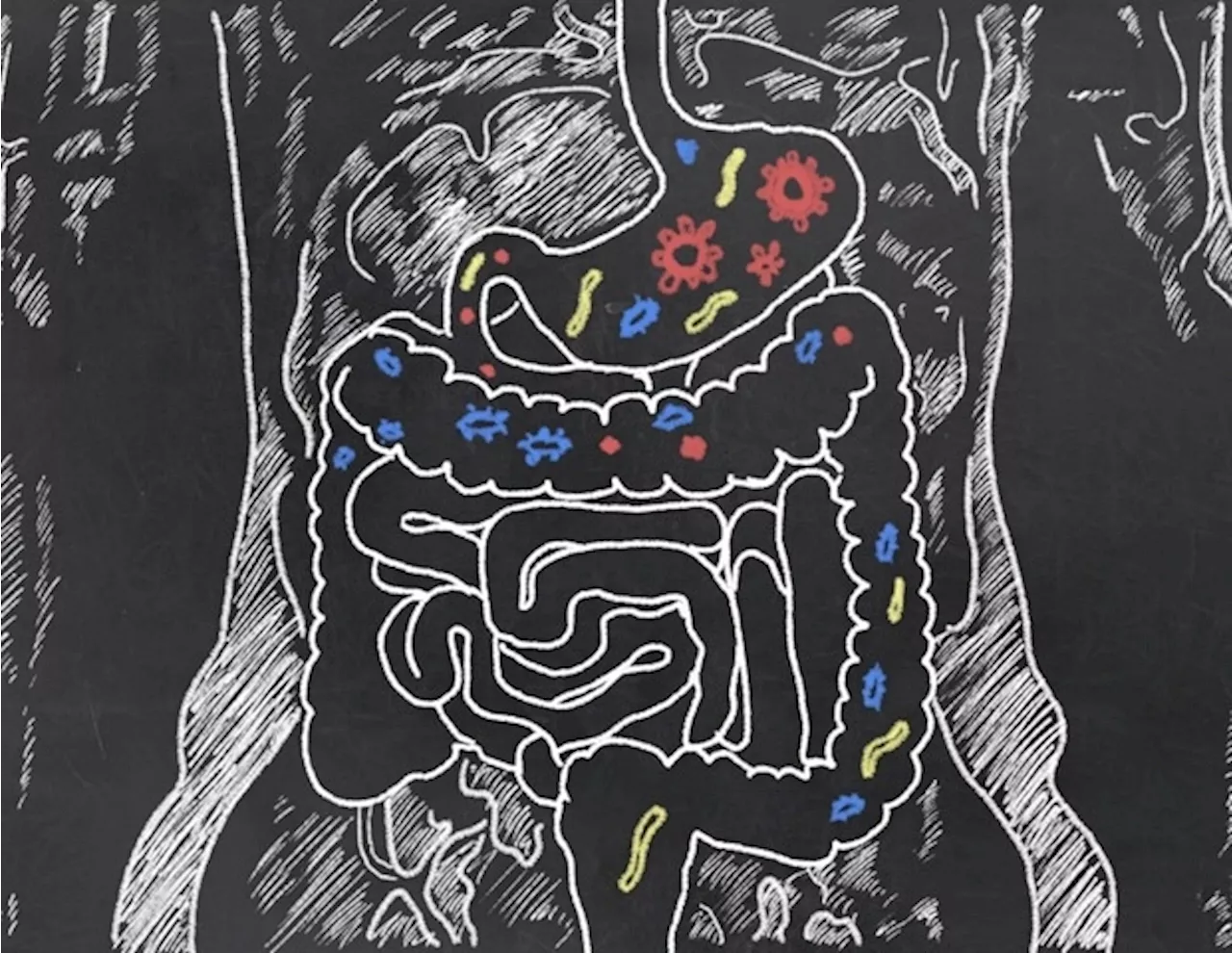UCLA Health researchers, in collaboration with researchers from the Republic of Ireland and Northern Ireland, have received $9.
University of California - Los Angeles Health SciencesAug 5 2024 5 million award from the National Institutes of Health with support from European funding agencies -; The Science Foundation Ireland and the Public Health Agency Health & Social Care -; to study the effects of polyphenols on cognitive health and the brain-gut microbiome system.
It's a multicenter, longitudinal, and translational intervention study designed so that we can look at the mechanisms and pathways involved in cognitive decline. We're looking at multiple markers such as cognitive functioning, brain structure and function, the microbiome and microbial polyphenol metabolites, inflammatory markers like interleukins, and Alzheimer's disease-specific plasma markers such as tau proteins ptau181 and ptau217.
"We're hoping to better understand the role of dietary polyphenols in slowing the development of cognitive decline and how this is all influenced by the brain and gut microbiome," Church said. "This will help us better understand the ameliorative properties of a polyphenol-rich diet and whether diet interventions and regimes to delay the onset and progression of cognitive decline.
In this interdisciplinary and multicenter study funded through the Tripartite US-Ireland Research & Development Partnership Program, researchers will investigate the impact of dietary polyphenol supplements on 300 older adults at-risk for Alzheimer's disease.
Microbiome Polyphenol Alzheimer's Disease Bile Bioinformatics Cognitive Function Diet Flavonoid Green Tea Machine Learning Metabolites Physiology Public Health Research Social Care Supplements Tea
United Kingdom Latest News, United Kingdom Headlines
Similar News:You can also read news stories similar to this one that we have collected from other news sources.
 Researchers discover new Candida auris—a possible global public health threatResearchers from the Singapore General Hospital (SGH), A*STAR's Genome Institute of Singapore (GIS) and Yong Loo Lin School of Medicine at National University of Singapore (NUS Medicine) have discovered a new clade (or type) of Candida auris, bringing the number of clades known globally to a total of six.
Researchers discover new Candida auris—a possible global public health threatResearchers from the Singapore General Hospital (SGH), A*STAR's Genome Institute of Singapore (GIS) and Yong Loo Lin School of Medicine at National University of Singapore (NUS Medicine) have discovered a new clade (or type) of Candida auris, bringing the number of clades known globally to a total of six.
Read more »
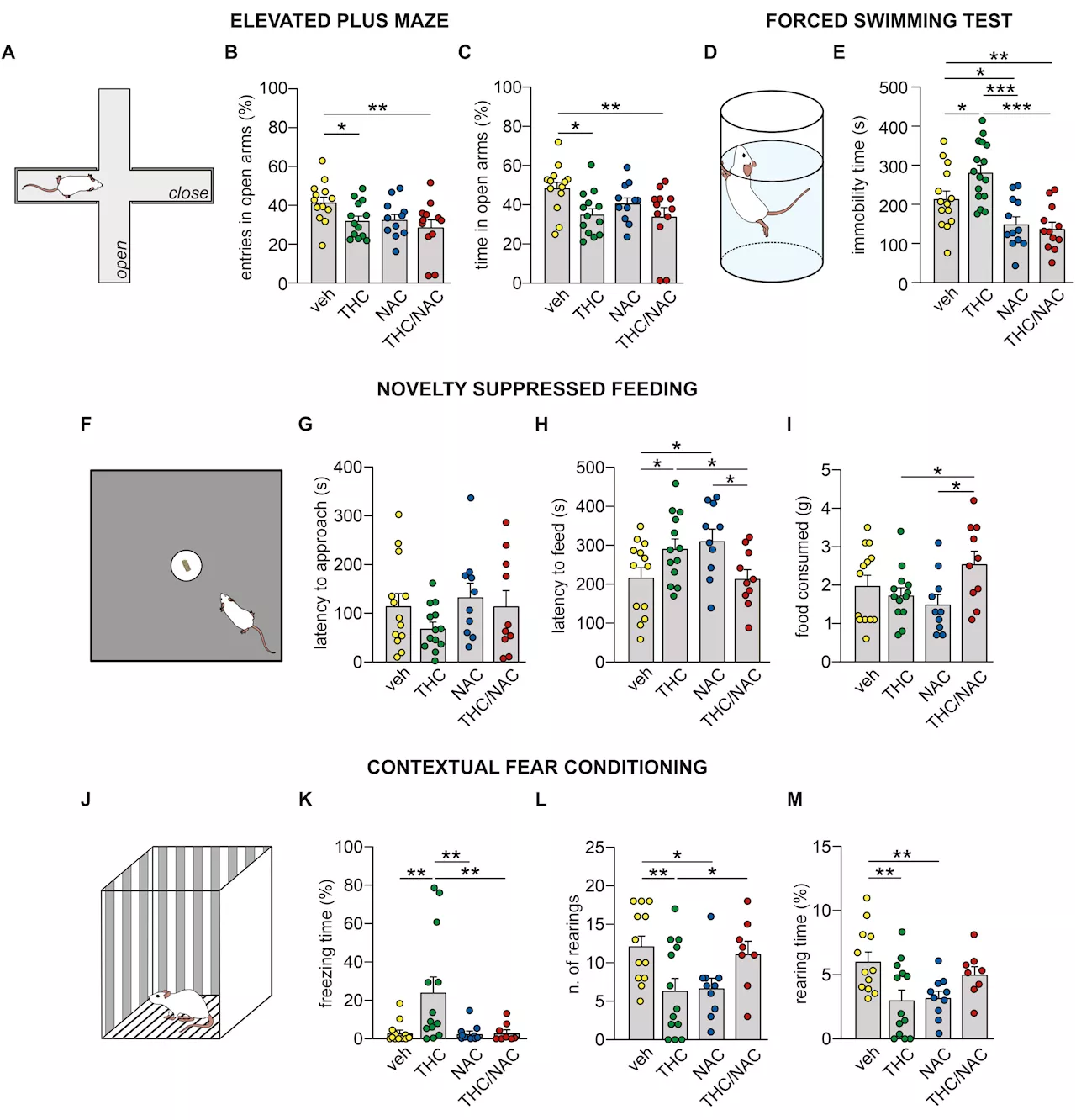 Researchers find potential therapeutic to counteract mental health effects of cannabisResearchers at Western have found an over-the-counter natural health product may help counteract the negative effects of heavy cannabis use among adolescents aged 12 to 17, including depression, anxiety and diminished motivation in adulthood.
Researchers find potential therapeutic to counteract mental health effects of cannabisResearchers at Western have found an over-the-counter natural health product may help counteract the negative effects of heavy cannabis use among adolescents aged 12 to 17, including depression, anxiety and diminished motivation in adulthood.
Read more »
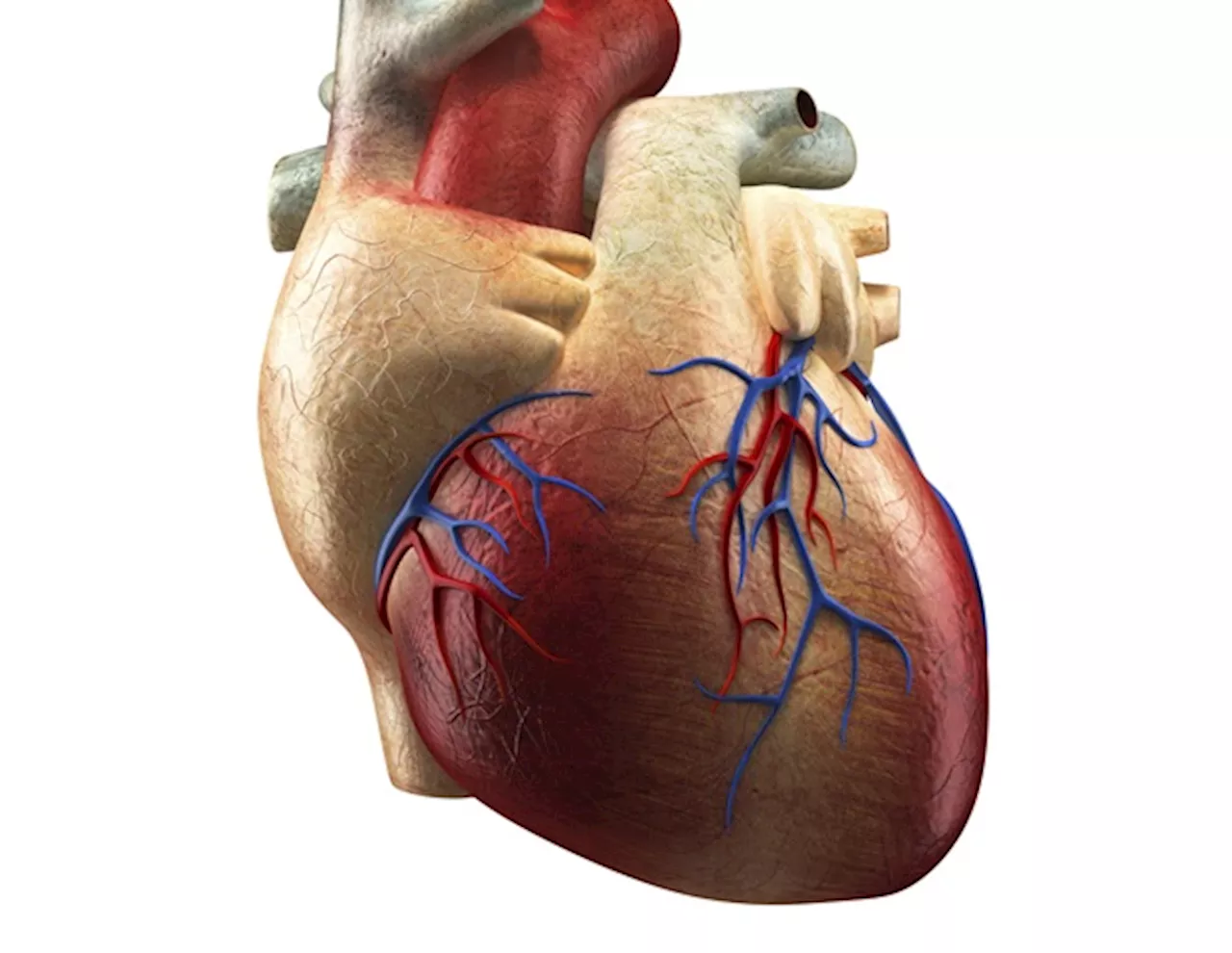 UAB researchers examine the efficacy of cardiovascular health scores for mortality predictionPhysician-scientists from the University of Alabama at Birmingham Marnix E. Heersink School of Medicine conducted a nationwide study evaluating the predictive value of cardiovascular health scores for mortality.
UAB researchers examine the efficacy of cardiovascular health scores for mortality predictionPhysician-scientists from the University of Alabama at Birmingham Marnix E. Heersink School of Medicine conducted a nationwide study evaluating the predictive value of cardiovascular health scores for mortality.
Read more »
 Researchers implement successful virtual driving assessment for teens in health care settingsResearchers and clinicians from Children's Hospital of Philadelphia (CHOP) have published findings from the first two years of implementation of a virtual driving assessment (VDA) in sites throughout the CHOP Primary Care Network to screen and provide feedback to teen patients on their driving skills.
Researchers implement successful virtual driving assessment for teens in health care settingsResearchers and clinicians from Children's Hospital of Philadelphia (CHOP) have published findings from the first two years of implementation of a virtual driving assessment (VDA) in sites throughout the CHOP Primary Care Network to screen and provide feedback to teen patients on their driving skills.
Read more »
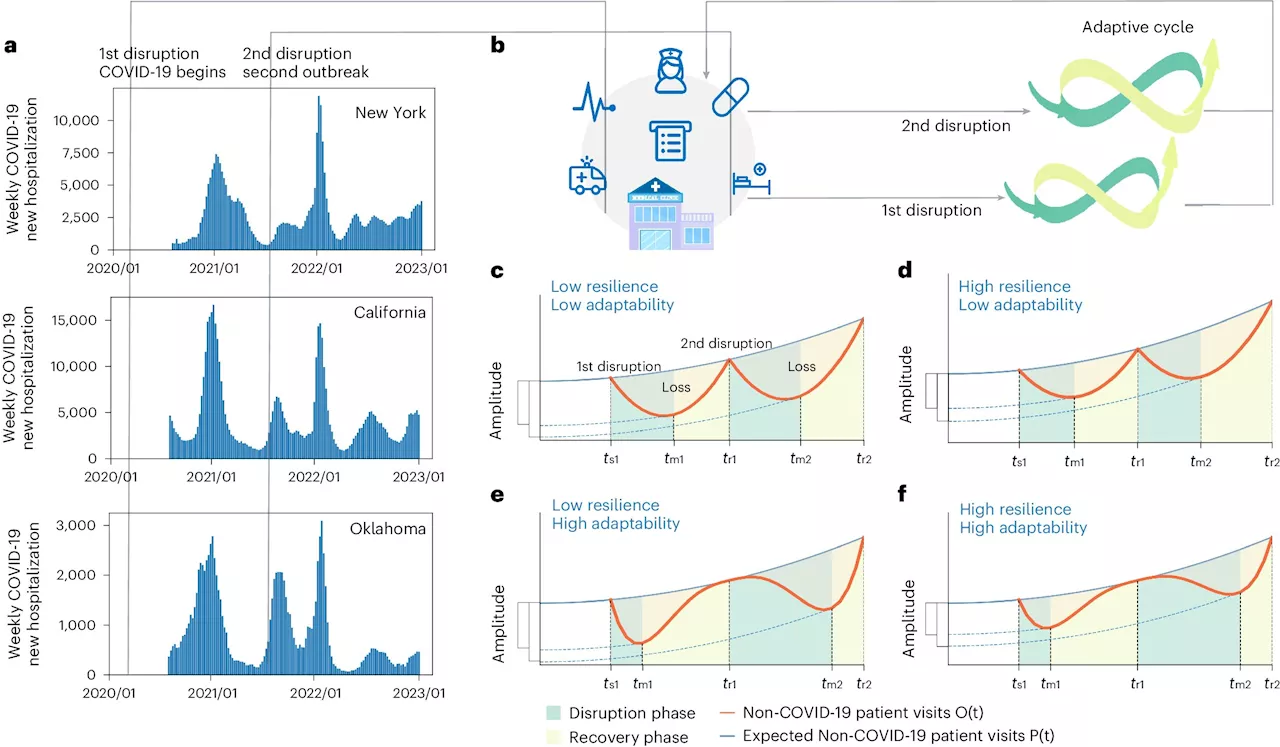 Researchers draw insights from COVID-19 to inform improved health care in times of crisisAmong the many challenges that the COVID-19 pandemic presented, disruptions in health care were among the most impactful. The pandemic was large-scale, lasted over two years, and resulted in millions of hospitalizations and 1.2 million deaths in the United States alone.
Researchers draw insights from COVID-19 to inform improved health care in times of crisisAmong the many challenges that the COVID-19 pandemic presented, disruptions in health care were among the most impactful. The pandemic was large-scale, lasted over two years, and resulted in millions of hospitalizations and 1.2 million deaths in the United States alone.
Read more »
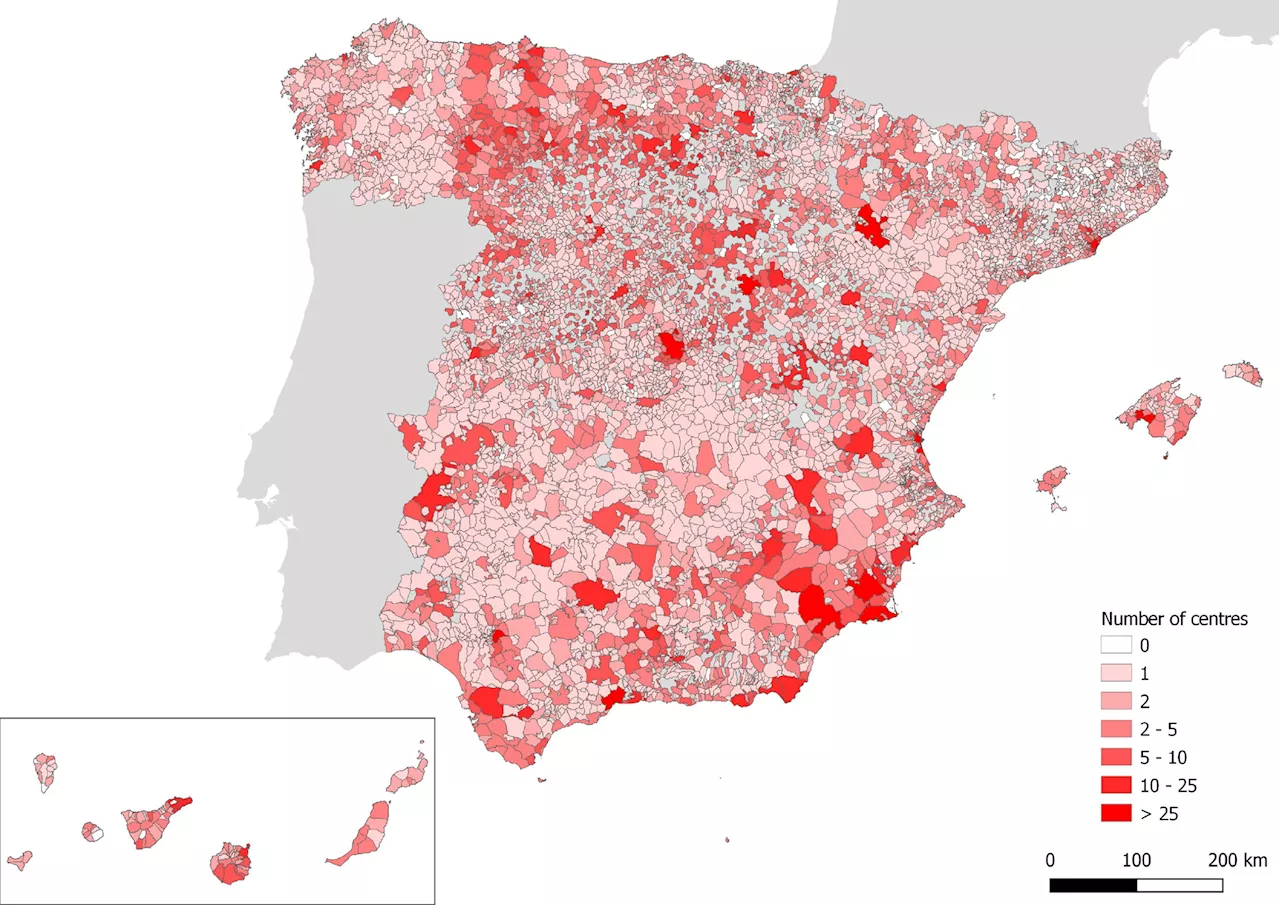 Researchers create smart routes to ensure all rural areas have access to health careThe equivalent to the 15-minute city in rural areas is the 45-minute territory. These are areas where the inhabitants can access everything they need for a good quality of life in 45 minutes, either on foot or by bicycle.
Researchers create smart routes to ensure all rural areas have access to health careThe equivalent to the 15-minute city in rural areas is the 45-minute territory. These are areas where the inhabitants can access everything they need for a good quality of life in 45 minutes, either on foot or by bicycle.
Read more »
